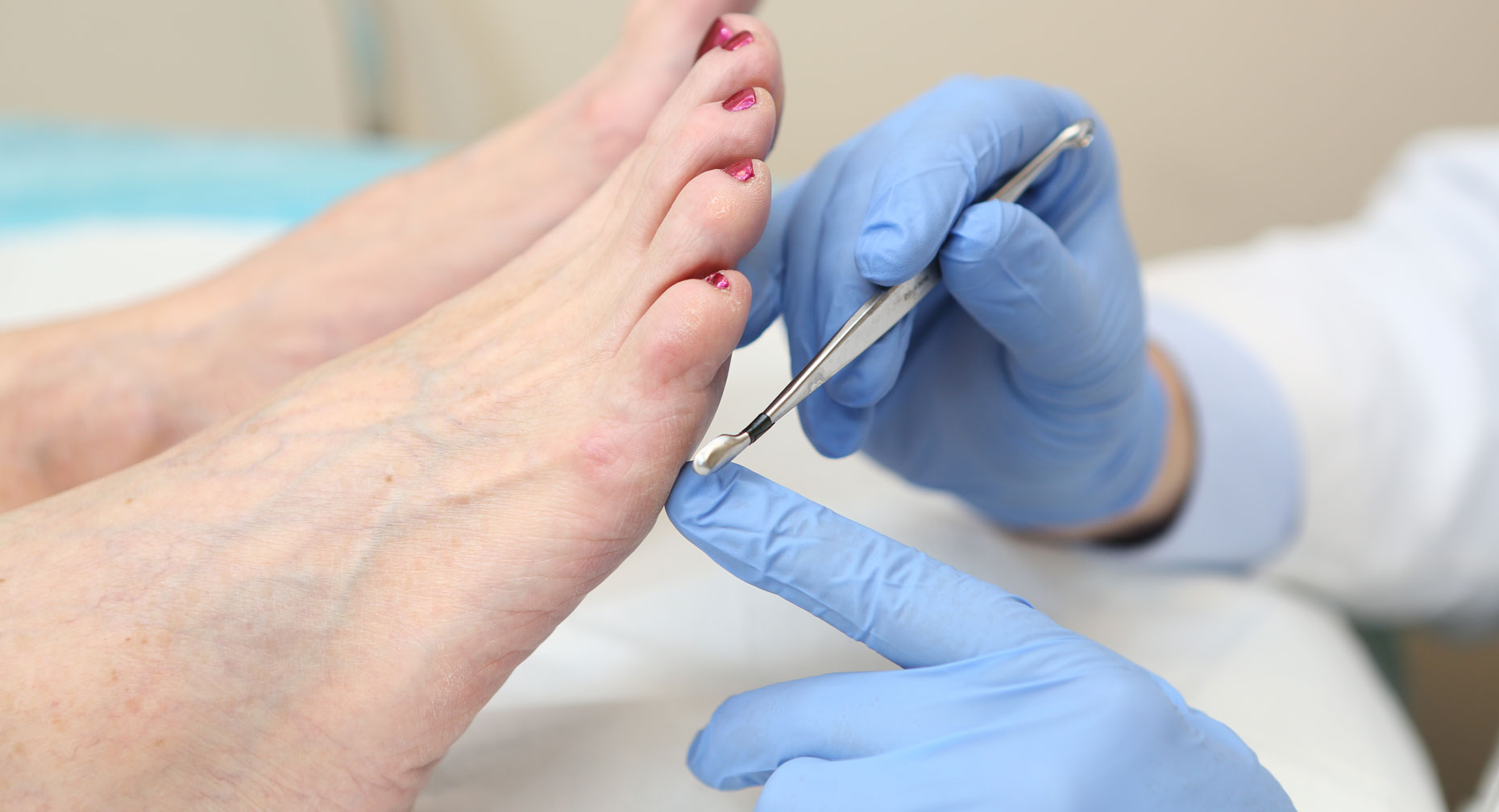Diabetes and Nerve Damage: Managing Neuropathy

Find Your Perfect Match
Answer a few questions and we'll provide you with a list of primary care providers that best fit your needs.
Diabetes, left unchecked or untreated, can lead to serious health complications. One of the most common is nerve damage, or neuropathy.
Neuropathy affects about half of all people with diabetes, the American Diabetes Association reports. Neuropathy occurs when excessive glucose (blood sugar) damages the lining of the nerves in your body or the blood vessels that deliver oxygen to your nerves.
This damage can occur anywhere, but most frequently affects your legs and feet. The result is numbness and pain, spanning from mild to agonizingly severe. Neuropathy can also affect your digestive system, urinary tract and circulatory system, with results ranging from bothersome to life-threatening and even fatal.
If you have diabetes, you can take precautions to avoid neuropathy (see Prevention and Treatment below). And if you have neuropathy, you can help prevent it from worsening.
To improve your odds, take a few minutes to learn how to recognize, prevent and treat this serious diabetic complication.
Neuropathy Symptoms and Diagnosis
Depending on the type of diabetic neuropathy you have, symptoms may include:
- Numbness, shooting pain, burning or tingling in your hands, legs or feet
- Nausea, vomiting, constipation, diarrhea or other digestive issues
- Problems with sexual function
- Urinary problems
- Dizziness when you change positions quickly
When you visit your doctor for your diabetes, she will look for signs of neuropathy with a physical exam and nerve tests.
Neuropathy occurs when excessive glucose (blood sugar) damages the lining of the nerves in your body or the blood vessels that deliver oxygen to your nerves.
Types of Neuropathy

The several types of diabetic neuropathy vary according to the part of the body the affect:
- Peripheral neuropathy causes tingling, pain, numbness or weakness in your feet and hands. This especially puts your feet in danger. Numbness can mask the pain of cuts, blisters or infections. In worst-case scenarios, this can lead to gangrene and amputation.
- Autonomic neuropathy affects the nerves that control the bladder, intestinal tract and genitals, among other organs. This condition can lead to paralysis of the bladder, urinary tract infections, erectile dysfunction, diarrhea, constipation and problems with food absorption.
- Focal neuropathy (or mononeuropathy) is damage to single nerves, most often in your hand, head, torso or leg
- Proximal neuropathy is a rare and disabling type of nerve damage in the hip, buttock or thigh
- Cranial neuropathy affects nerves in the brain that control sight, eye movement, hearing and taste
- Diabetic amyotrophy causes pain, weakness and wasting of the thigh muscles, or attacks the cranial nerves (nerves in the brain), resulting in double vision, a drooping eyelid or dizziness
- Femoral neuropathy occurs in the front of one thigh. Pain may develop, followed by muscle weakness. Eventually, the affected muscles waste away.
- Charcot's Joint, or neuropathic arthropathy, happens when a joint breaks down because of a problem with the nerves. This typically occurs in the foot and eventually leads to deformity.
- Unilateral foot drop happens when the front of the foot can't be picked up due to weakness or paralysis
Prevention and Treatment
Diabetic neuropathy cannot be cured. The goal is to prevent it or keep it from getting worse, and to ease discomfort it may cause. If you have problems, see your health care provider right away. Early treatment can prevent more problems later on. If you take care of a foot infection early, you can help prevent amputation.
Here are ways to lessen the impact of neuropathy:
- Bring your blood sugar levels under control through regular monitoring, diet, physical activity and medication
- Check your feet daily for cuts and infections
- Protect your feet. If the skin on your feet is dry, use a lotion on your skin but not between your toes. Wear shoes and socks that fit properly and wear them all the time. Use warm water to wash your feet, and dry them carefully.
- Be careful about exercise. Exercise is important in diabetes control, but some activities are not safe for people with neuropathy. Talk with your health care provider about which kinds of exercise are best suited for you.
Your physician may also prescribe analgesics, low doses of antidepressants and/or some anticonvulsant medications to relieve pain, burning or tingling.
As with many health problems, neuropathy can be avoided or slowed down if you remain vigilant and active in taking care of yourself. Know your body, keep up with your treatment, check yourself often and see your doctor regularly. You’ll always be better off, health wise, when you make an effort to stay ahead of health conditions.
Find Your Perfect Match
Answer a few questions and we'll provide you with a list of primary care providers that best fit your needs.
Source: American Diabetes Association; National Institute of Neurological Disorders and Stroke; National Institute of Diabetes and Digestive and Kidney Disease; MedlinePlus




